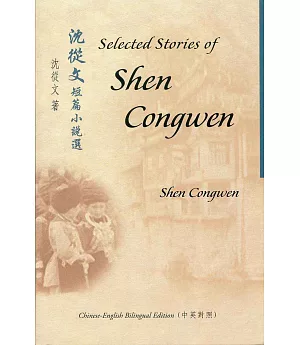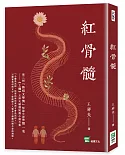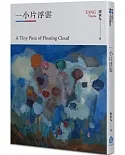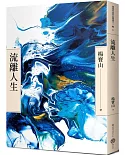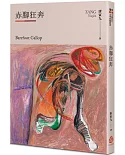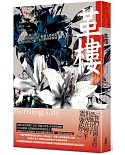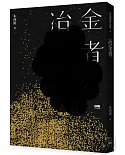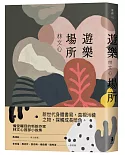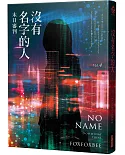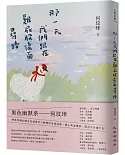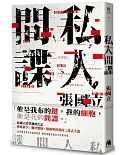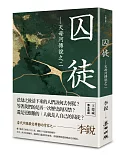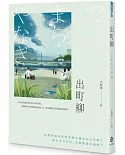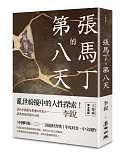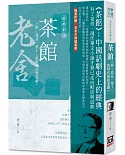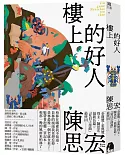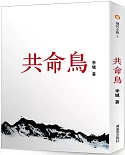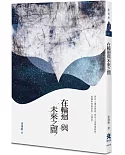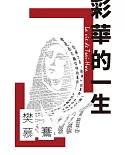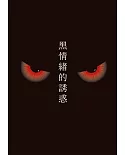作者簡介
Jeffrey C. Kinkley, Professor of History at St. John's University, specializes in the intellectual, social, and literary history of twentieth-century China. Featuring
history-through-literature and law-and-humanities methodologies, his publications include biography (The Odyssey of Shen Congwen, Stanford University Press), translations of Chinese
autobiography (tr., Hsiao Ch'ien, Traveler Without a Map, Hutchinson and Stanford University Press; ed., Chen Xuezhao, Surviving the Storm, M.E. Sharpe; co-editor, Modern Chinese Writers: Self
Portrayals, M.E. Sharpe), studies of Chinese crime fiction and the history of Chinese legal culture (Chinese Justice, the Fiction: Law and Literature in Modern China, Stanford University Press;
Escape from the Law, forthcoming), and studies of Chinese oral fiction, concentration camp literature, and other crossovers of literature and history. He has published numerous literary studies
and translations of Chinese literature of the early twentieth century (ed., Shen Congwen, Imperfect Paradise, Hawaii University Press) and contemporary China and Taiwan.

